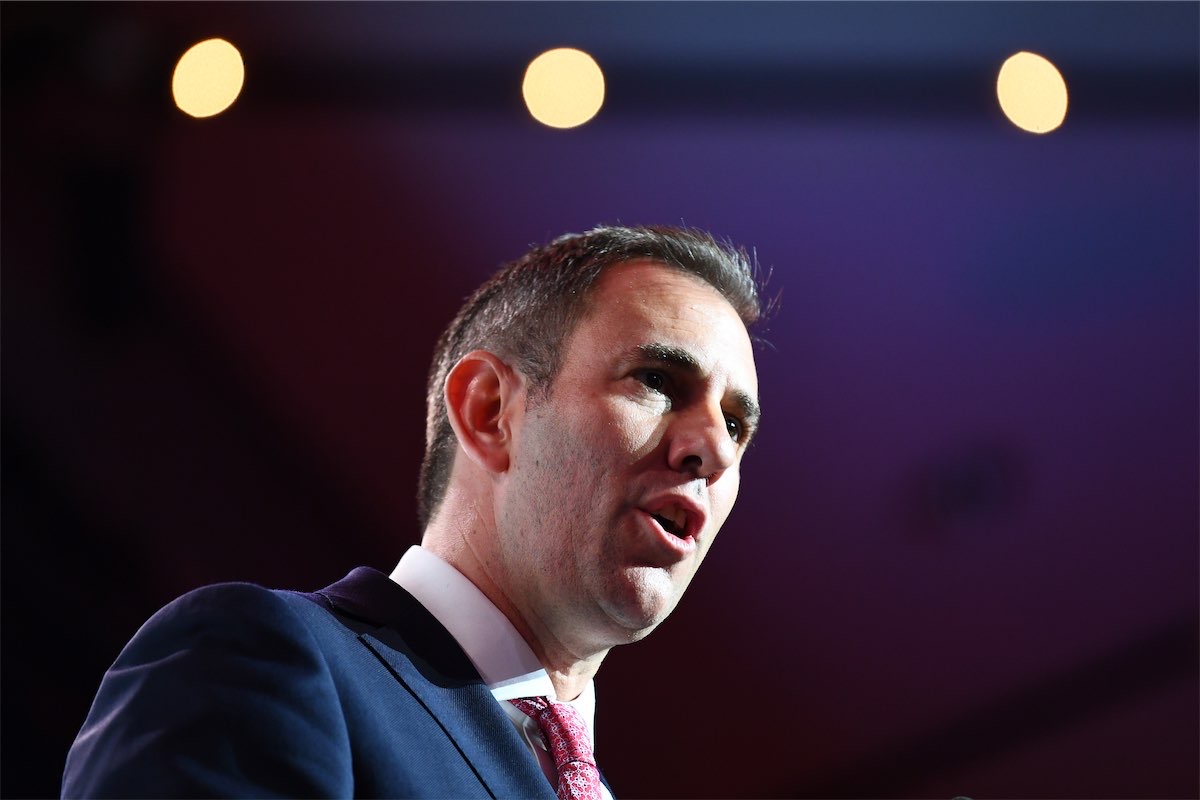
By Poppy Johnston and Andrew Brown in Canberra (updated 1.15pm)
KICKSTARTING reform in essential services such as education and health has been highlighted as a key focus for Australia to shore up its future prosperity.
In a major, five-yearly report, the Productivity Commission listed improving access to tertiary education, bolstering the integrity of carbon offsets and using train and bus fares more strategically among 71 ideas to get sluggish productivity growth moving.
The Productivity Commission said improving education, one of five areas of reform, was crucial to getting ahead after Australia’s productivity growth slumped to its slowest rate in 60 years.
The commission called on the federal government to double down on its “demand-driven model” for providing Commonwealth-supported places to domestic university students to better align courses with skill needs.
Several recommendations focused on driving reforms in the public service.
These include running a more rigorous cost-benefit analysis framework over major projects to avoid cost blowouts and delays, and using procurement to drive innovation in healthcare and human services.
For example, the commission recommended an annual rolling review of selected services subsidised by Medicare to ensure funding was only going to treatments that were deemed clinically effective.
Adapting to climate change and achieving net zero at least cost has also been flagged as a high-level objective.
The commission backed the safeguard mechanism as the best way to drive down emissions and recommended progressively tweaking it to cover a wider range of sectors.
Several recommendations were levelled at workplace relations laws, with the commission calling for a renewed focus on awards.
Reforms to Australia’s migration system also featured, with the commission urging a move away from occupation-based lists towards wage thresholds as the basis for employer-sponsored migration.
There are also several recommendations aimed at boosting competition and dynamism across the economy, including reforming planning and zoning regulations so they are not “unduly restrictive” and moving towards a nationally consistent road-user charging system.
Australia has a “productivity predicament”, according to the commission, with productivity growth slowing over the last 20 years as it has in much of the developed world.
The authors note while some sectors have experienced enormous productivity growth – resulting in dramatically cheaper and better products – others have been slower, including many service sectors.
The commission says productivity improvement in services is hard as these industries are labour-intensive, often delivered in-person and not suitable for mass production.
“Future productivity growth in Australia relies crucially on getting better productivity across the services sector,” the report says.
Treasurer Jim Chalmers said not all of the report’s recommendations would be acted on, but most aligned with his government’s values and priorities.
He said work was already under way in several reform areas, including the review of the migration system and the digital identification system.
The treasurer also said some of the findings would be important inputs into the May budget.
“I want people to understand the things that we are interested in progressing, and the things that we aren’t interested in progressing, but I also wanted everybody else to grapple with the kinds of choices that the government is facing.”
He said productivity growth was all about lifting living standards and incomes.
“Our overriding ambition for this country and its economy is to strengthen the economy and make it more productive so that people who work hard earn more, and so we can lift living standards and lift incomes.”
Business Council chief Jennifer Westacott said it was vital the report didn’t sit on a shelf gathering dust like the previous one.
“There are two ingredients to fixing Australia’s productivity problem, government action and private investment,” she said.
“To deliver for Australians we have to get the settings right to unleash private sector balance sheets, attract new investment and drive innovation.”
Australian Council of Trade Unions secretary Sally McManus criticised several of the recommendations, including encouraging schools to outsource teaching jobs to online teachers should the school lack specialist expertise and “making a mockery of addressing the current teacher shortage crisis.”
“This latest report proposes taking most rights of working Australians, leaving them with only seven that then could be taken away in bargaining,” she said.
Who can be trusted?
In a world of spin and confusion, there’s never been a more important time to support independent journalism in Canberra.
If you trust our work online and want to enforce the power of independent voices, I invite you to make a small contribution.
Every dollar of support is invested back into our journalism to help keep citynews.com.au strong and free.
Thank you,
Ian Meikle, editor





Leave a Reply